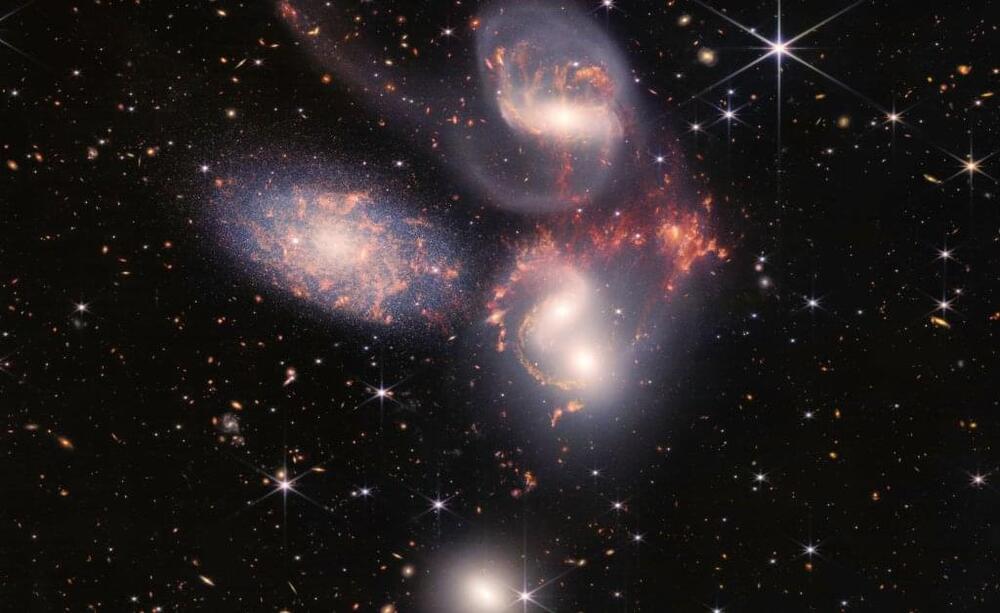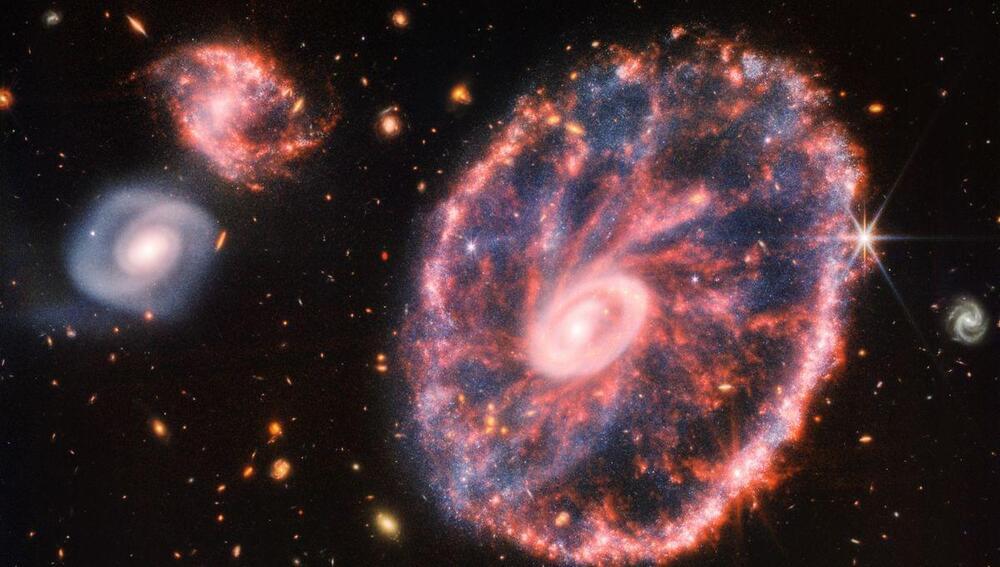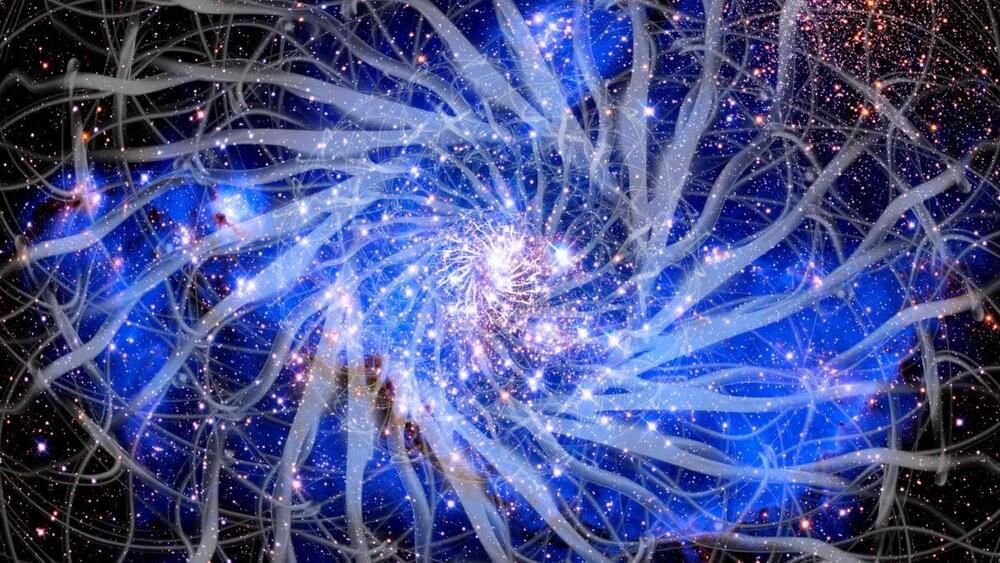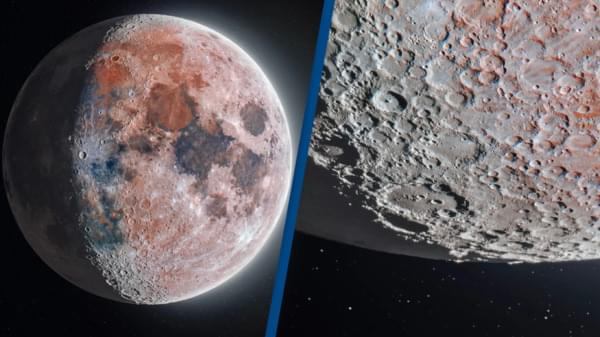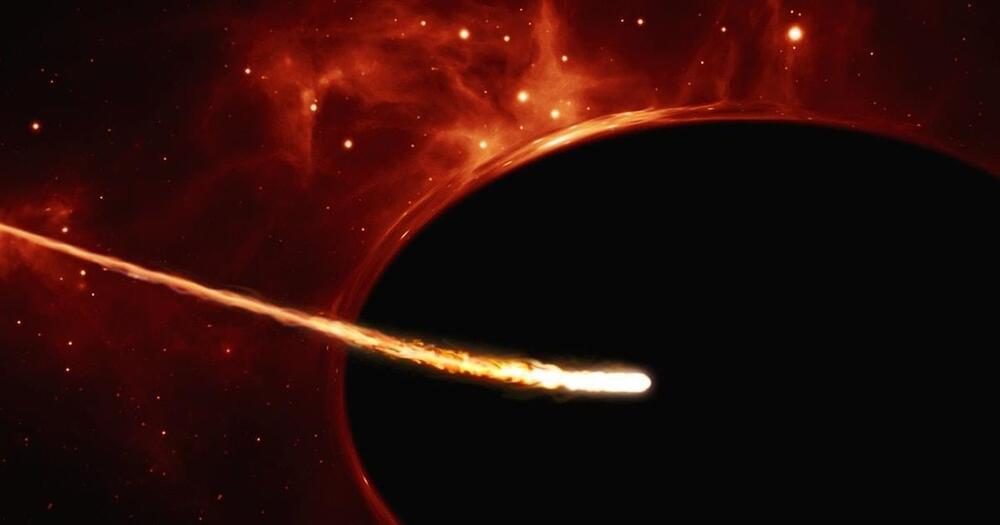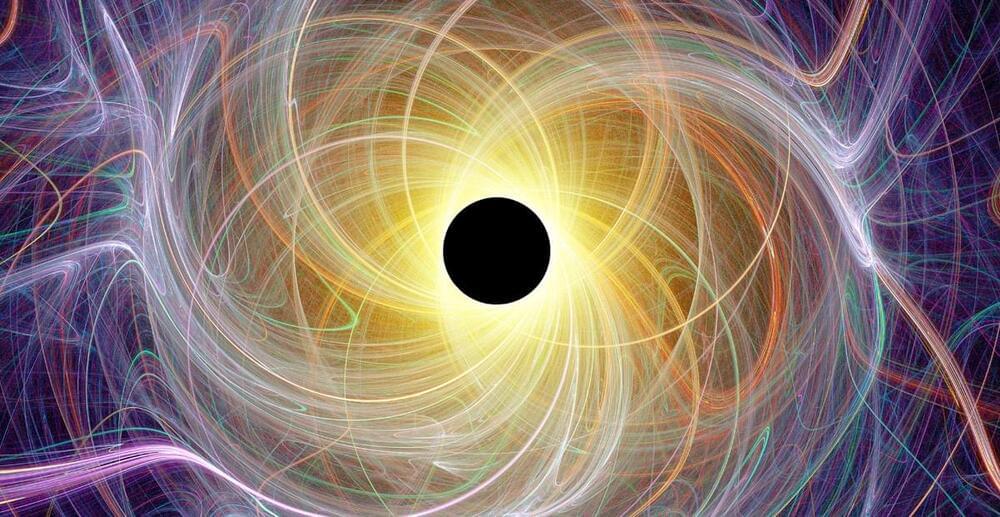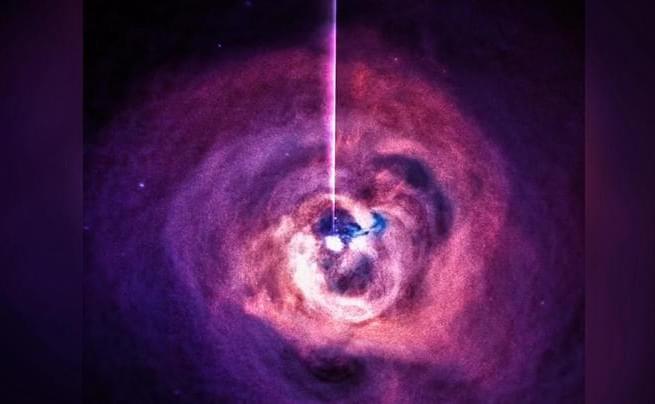Finally, there’s the issue that black holes can destroy information. Once you have crossed the event horizon, it seems you’d need to move faster than light to get back out. But a non-local connection across the horizon would also get information out. Some physicists have even suggested that dark matter, a hypothetical type of matter that supposedly makes up 85% of matter in the universe, is really a misattribution. There may be only normal matter, it’s just that its gravitational attraction is multiplied and spread out because places are non-locally connected to each other.
A non-locally connected universe, hence, would make sense for many reasons. If these speculations are correct, the universe might be full with tiny portals that connect seemingly distant places. The physicists Fotini Markopoulou and Lee Smolin estimated that our universe could contain as much as 10,360 of such non-local connections. And since the connections are non-local anyway, it doesn’t matter that they expand with the universe. The human brain, for comparison, has a measly 1015connections.
Let me be clear that there is absolutely zero evidence that non-local connections exist, or that, if they existed, they’d indeed allow the universe to think. But we cannot rule this possibility out either. Crazy as it sounds, the idea that the universe is intelligent is compatible with all we know so far.
